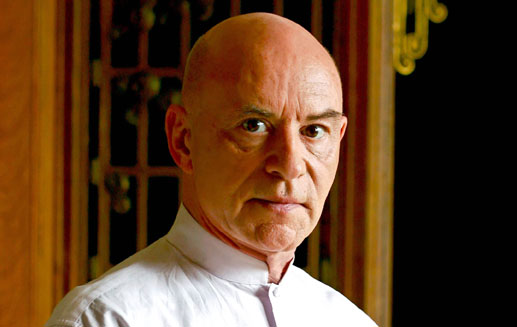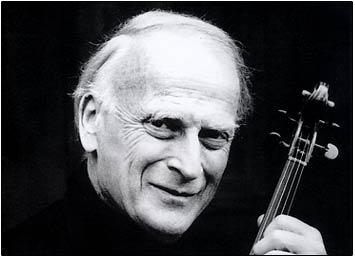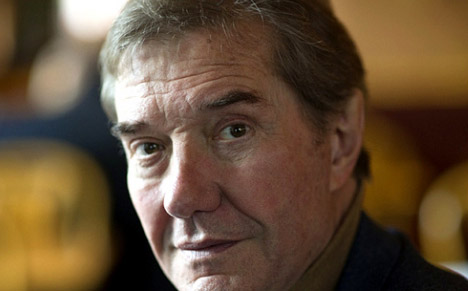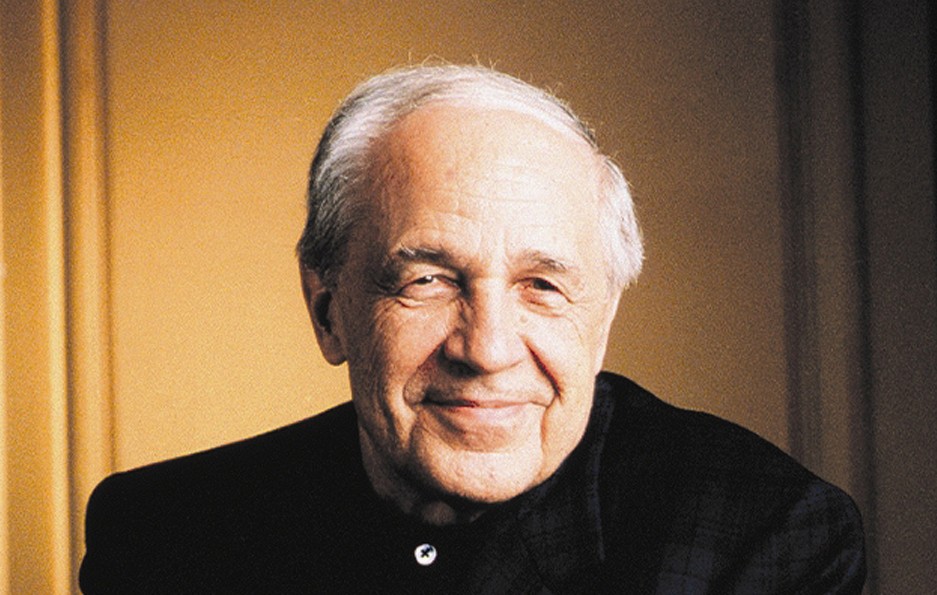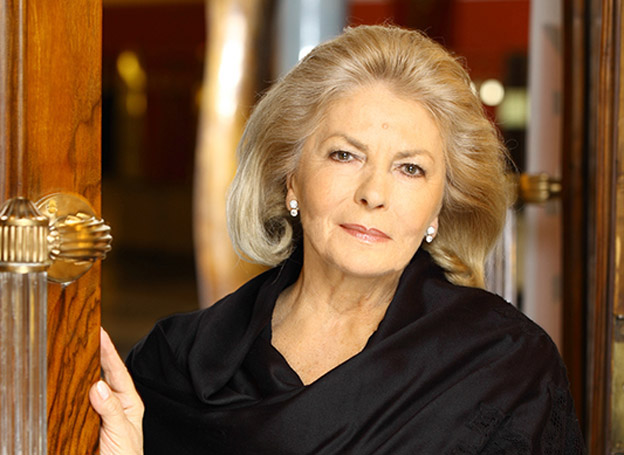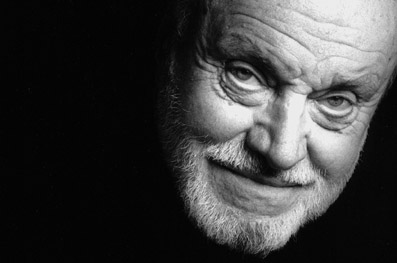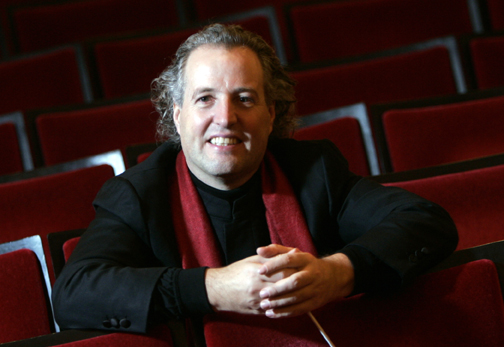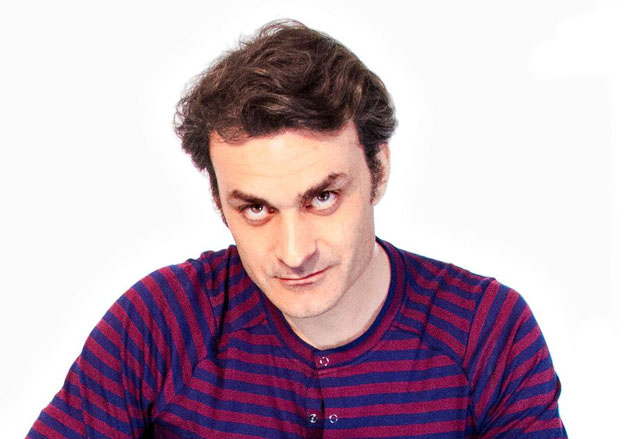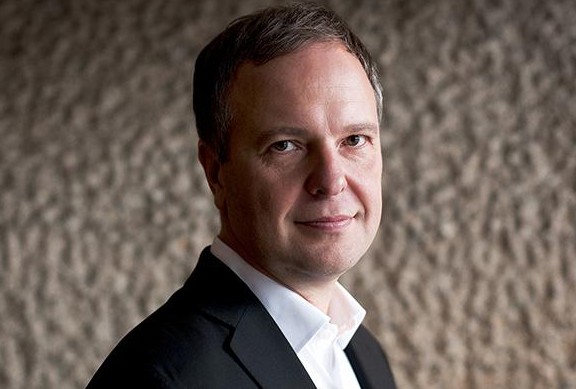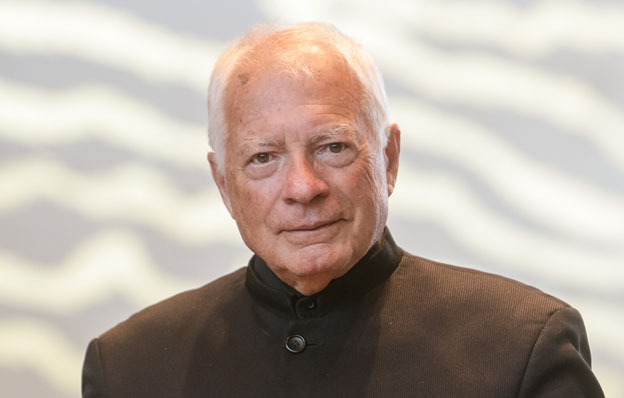Herr Eschenbach, Sie leiten jetzt die große Europatournee mit dem ‘National Symphony of Washington’. Auf was muss man bei der Vorbereitung einer solchen Tournee besonders aufpassen?
Gerade bei einer Tournee muss man als Musiker sehr gut vorbereitet sein. Das Orchester muss Lust haben, Musik zu machen. Deshalb ist es vorrangig, dass wir die Werke im Vorfeld so intensiv vorbereiten, dass wir ein erstklassiges Spiel garantieren können. Auf eine Tournee weiß jeder, dass das Beste von ihm verlangt wird. Und die Musiker sind dann auch mental bereit, in dieser Zeit wirklich über sich hinauszuwachsen, ihr Allerbestes zu geben und das Publikum mit ihrem Spiel zu entzücken. Read More →
The film is available on Pizzicato’s Youtube Channel. To start click here.
Maître, étudiant, vous avez eu la grande chance de bénéficier de l’enseignement de Francis Poulenc. Vous êtes son seul élève à ce qu’il paraît?
J’ai eu de la chance d’être l’élève de Jacques Février, magnifique pianiste, professeur extraordinaire, et un grand ami de Poulenc dont il a créé beaucoup de ses œuvres. Il avait d’ailleurs également connu Ravel et travaillé avec lui. J’étais donc familiarisé avec la musique de Poulenc par Jacques Février. Read More →
Pierre Boulez, imaginez que, redevenu jeune, vous auriez aujourd’hui de nouveau 25 ans: est-ce que vous recommenceriez à tout démolir? Où est-ce que la donne a changé?
Démolir…pour reconstruire tout de même…. Oui, les circonstances d’aujourd’hui sont complètement différentes. Je trouve que les jeunes compositeurs d’aujourd’hui ont beaucoup plus de chance que nous à l’époque. Certes, nous étions agressifs, mais nous nous trouvions dans un milieu complètement hostile dressant volontairement des barrages. Nous n’étions pas acceptés, pas joués. Read More →
Frau Penderecka, Sie haben einen Komponisten als Ehemann, und neben Ihrer Familie ein weiteres Kind, die Ludwig van Beethoven-Vereinigung. Und es ist wohl eine heikle Frage, die ich stelle: Was ist denn nun am wichtigsten für Sie?
Das Allerwichtigste ist für mich die Arbeit meines Mannes! Wir sind seit mehr als 50 Jahren verheiratet. Das ist die Zeit, in der mein Mann seine größten Werke geschrieben hat. Seit Jahren reise ich mit ihm zusammen durch die Welt, bin bei allen Proben dabei. Read More →
Sie waren jahrelang Chefdirigent eines deutschen Orchesters, dann eines amerikanischen und nun leiten Sie in Paris das ’Orchestre National’. Müssen Sie sich eigentlich immer anpassen, auch an einem Klang, denn diese Klangkörper sind ja doch dann sehr verschieden?
Nein, ich muss mich gar nicht anpassen, denn meine Vorstellung ist immer dieselbe, aber das Resultat ist trotzdem verschieden, weil die Orchester ja auch ihren eigenen Charakter haben. Ich versuche natürlich bei jedem Orchester, stilistisch gesehen, genau das zu erreichen, was ich für richtig halte. Read More →
Herr Honeck, zusammen mit dem Pittsburgh Symphony Orchestra haben Sie kürzlich die 5. und 7. Symphonie von Ludwig van Beethoven aufgenommen (Pizzicato-Rezension hier). Inwieweit haben sich die Beethovenrezeption und das allgemeine Beethovenbild mit der Zeit verändert?
(lacht) Die Antwort dazu könnte ein ganzes Buch füllen. Ich denke, man muss zuerst von der Zeit und dem sozialen Umfeld ausgehen, in denen Beethoven gelebt hat. Read More →
This is the english version of the original French text published on November 4, 2015.
The CD review is here
Ivan, how did you first come into contact with music?
I was born into a family of non-musicians, but my parents are great music-lovers. As a family the four of us would drive forty minutes to San Francisco to listen to concerts. Then, during the forty-minute return, we would discuss and share what we had heard. It was an enriching experience! Read More →
Auf ihrer Tournee mit dem ‘Royal Stockholm Philharmonic Orchestra’ spielen Sie drei sehr unterschiedliche Werke des 20. und 21. Jahrhunderts: Andres Hillborgs ‘Exquisite corpses’, das Violinkonzert von Jean Sibelius und die 5. Symphonie von Serge Prokofiev. Ehe wir auf die Werke zu sprechen zu kommen, die Frage wie wichtig gerade heute Tourneen für ein Symphonieorchester sind.
Extrem wichtig! Einerseits können wir uns mit der internationalen Konkurrenz messen – obwohl man im Bereich der Kunst nicht von Konkurrenz sprechen soll – und in den besten Sälen spielen, andererseits ist eine Tournee ein sehr wichtiges Training für das Orchester selbst. Sie fördert die Dynamik und die Flexibilität, aber auch den Geist des Orchesters als Ganzes. Man muss sich schnell an neue Gegebenheiten, z.B. neue Akustikverhältnisse anpassen, man lernt aber auch, mit Stresssituationen umzugehen und sich eine gewisse Abgeklärtheit anzueignen. Read More →
Maestro, Ihre Karriere kam Mitte der Siebzigerjahre so richtig in Schwung. Wie würden Sie die Jahre vorher in Mainz, Linz und Freiburg zusammenfassen?
Ich habe die Karriere gemacht, die man damals machte und eigentlich auch heute noch machen sollte. Man geht als junger, werdender Dirigent an ein Theater und lernt die Stücke vom Klavier aus kennen, also als Korrepetitor. Dadurch arbeitet man direkt mit den Sängern und lernt das Handwerk des Dirigierens von der Pike auf. Read More →













